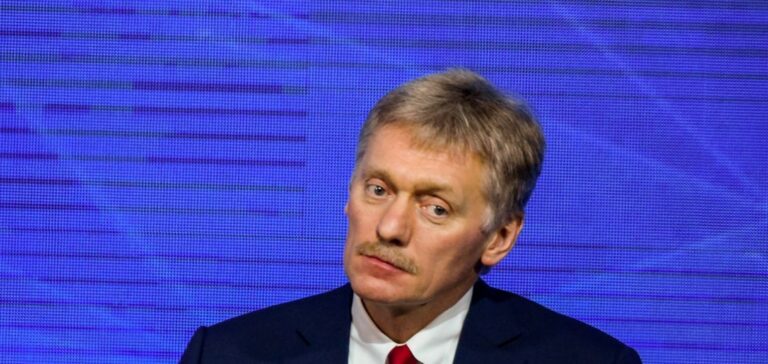The Kremlin said Thursday it suspects “the involvement” of a foreign state in the four leaks detected on the Nord Stream 1 and 2 gas pipelines in the Baltic Sea, without naming any country in particular.
“It is very difficult to imagine that such a terrorist act could take place without the involvement of a state,” Kremlin spokesman Dmitry Peskov told reporters, again calling for “an urgent investigation.” “This is an extremely dangerous situation,” Peskov reiterated, after Russia on Wednesday opened an investigation into “an act of international terrorism.”
Asked about the possibility of conducting an international investigation with the participation of other countries, the Kremlin spokesman said that “many questions arise” because of “the lack of communication and the reluctance of many countries to contact” Russia, against the backdrop of the Russian offensive in Ukraine.
On Thursday morning, a fourth leak was identified in the Baltic Sea over the Nord Stream 2 pipeline, following the discovery of three others earlier in the week.
NATO has denounced acts of sabotage “deliberate, reckless and irresponsible”.
Russia, itself under suspicion, counter-attacked on Wednesday, pointing the finger at the United States and obtaining a meeting of the UN Security Council on Friday. Washington denounced in return a new operation of “disinformation” of Moscow.
The gas is expected to continue to escape into the atmosphere for several more days until the two pipelines, Nord Stream 1 and 2, empty.





















